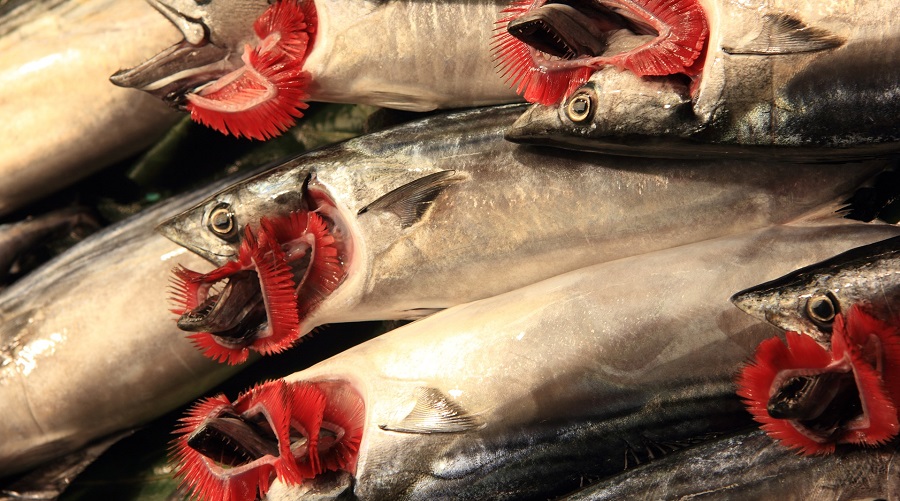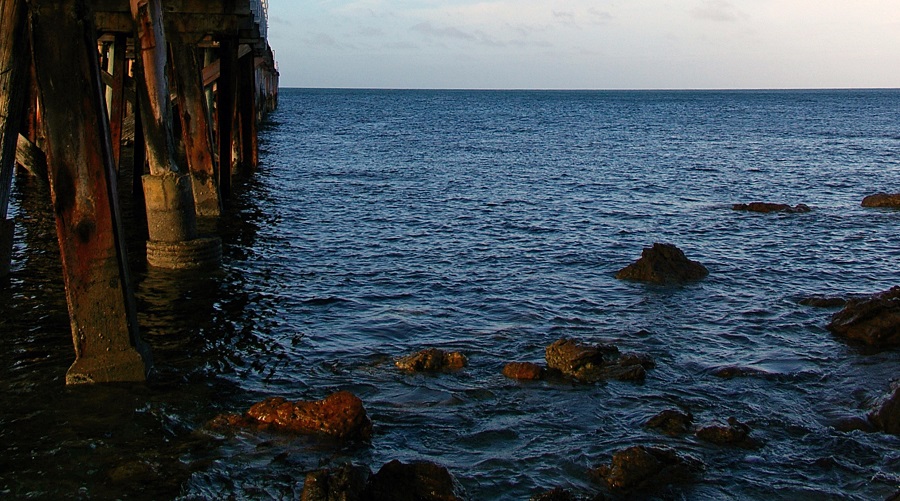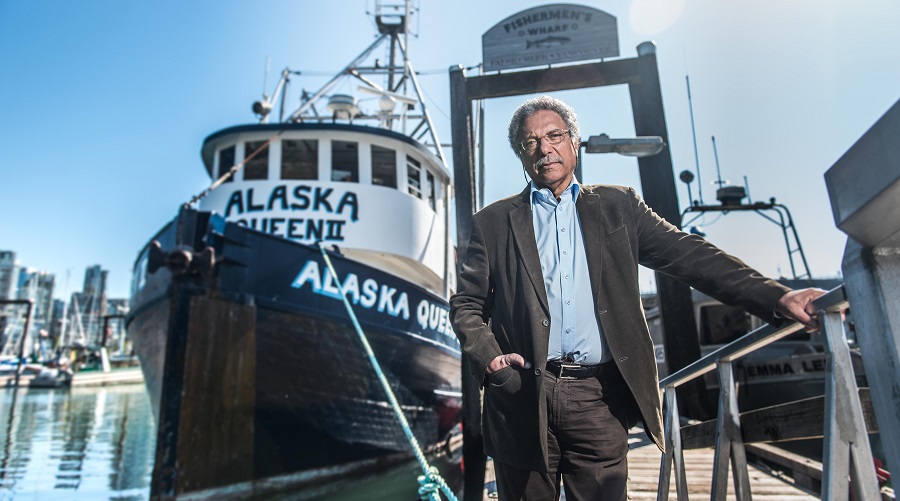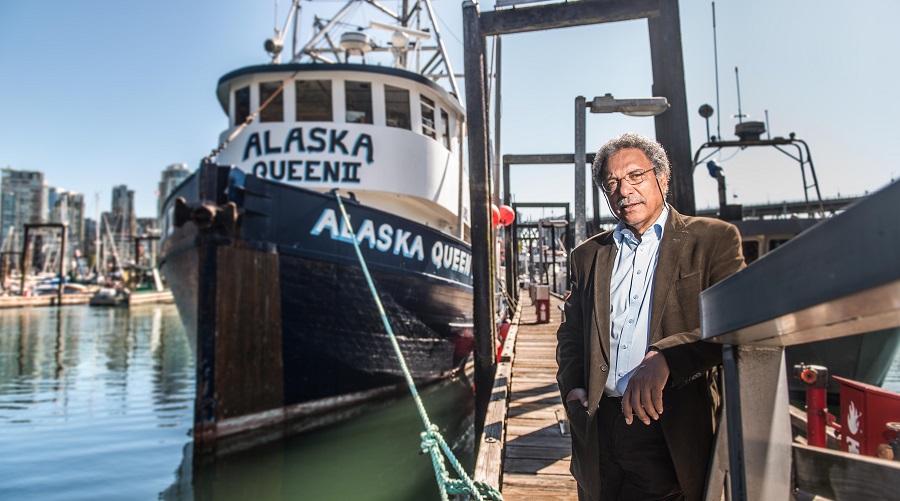The Sea Around Us Principal Investigator, Dr. Daniel Pauly, has been awarded the Beverton Medal for 2021 by the Fisheries Society of the British Isles in recognition of his groundbreaking research and lifelong contribution to the study of fish and fisheries science.
Tag: Sea Around Us
Understanding why fish grow the way they do and getting serious about it

Fish gills. Image by 2427999, Pixabay.
The distribution and concentration of dissolved oxygen and water temperature in the oceans and freshwaters are usually far more influential in shaping the growth and reproduction of fish than the distribution of their prey.
In a new paper in Science Advances, Daniel Pauly, principal investigator of the Sea Around Us initiative at UBC’s Institute for the Oceans and Fisheries, argues that scientists need to avoid attaching human attributes to fish and start looking at their unique biology and constraints through a different lens.
World Fisheries Day 2020 – what research has found
November 21st marks World Fisheries Day.
According to the Institute for Fisheries Resources, this day has been celebrated since November 21st, 1997, when the World Fisheries Forum (WFF) was officially established in New Delhi, India. This non-profit organization is now known as the World Forum of Fish Harvesters and Fishworkers.
Seismic surveys affecting fisheries catches

Tasmania. Image by Peter Neaum, Wikimedia Commons.
Seismic surveying is affecting the whiting fishery that operates off the eastern part of Australia’s state of Victoria and the lobster fishery off King Island in the state of Tasmania.
The surveying technique involves using loud blasts to detect potential oil and gas reserves on the seabed.
Daniel Pauly takes the top spot as the most cited fisheries scientist in PLoS Biology study
The Sea Around Us Principal Investigator, Dr. Daniel Pauly, continues to be among the top 0.01% of the world’s scientists based on the impact of his publications.







